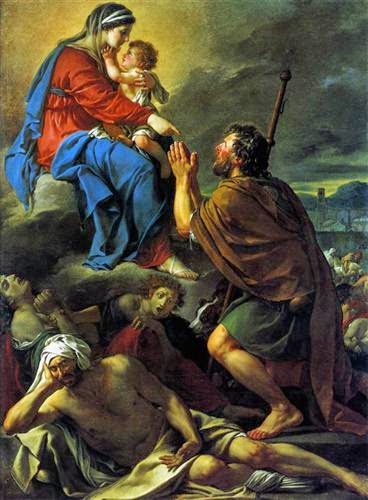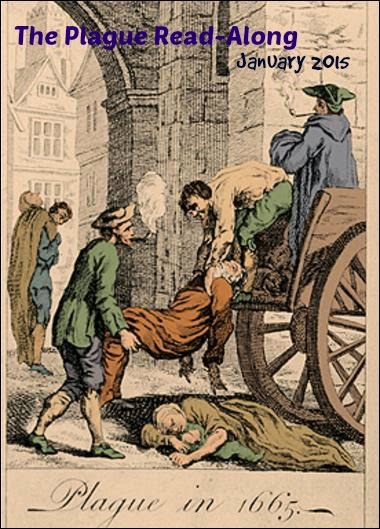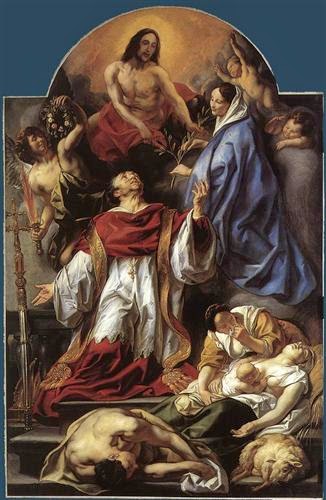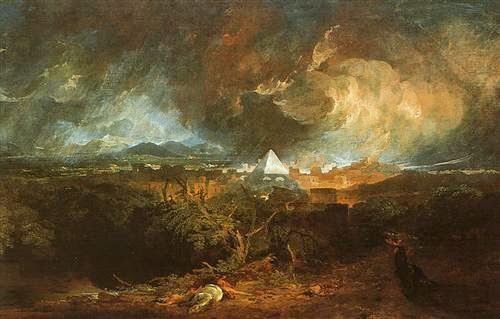“The unusual events described in this chronicle occurred in 194-, at Oran.”
Albert Camus was born in 1913 in Algeria. His father was killed at the Battle of the Marne in World War I and he and his brother were raised by their mother in a state of poverty. He became a journalist, and during World War II, moved to Paris where he worked for an underground newspaper, and it was then that he began to craft his “philosophy of the absurd.” The Stranger, published in 1942, was followed by The Plague in 1947, and in 1957 Camus won the Nobel Prize for Literature. Tragically he died in a car accident in the south of France at only 46 years old.
Often Camus is lumped in with the existential philosophy, but he rejected that appellation, claiming himself an absurdist. What is an absurdist? Well, I like to think of them as existentialists with hope. Absurdism is an idea that man is longing for meaning and clarity in a world that contains neither. The conflict between the search for a purpose and the lack of one, creates absurdism. Yet while Camus felt a meaninglessness in life, he wondered if man could create his own morality and follow it, even though his achievements would be fruitless.
_-_St_Macarius_of_Ghent_Giving_Aid_to_the_Plague_Victims_-_WGA16655.jpg) |
| St. Macarius of Ghent giving aid to the plague victims (1672) Jacob van Oost source Wikimedia Commons |
The Plague is set in the town of Oran in Algeria, a town perhaps like any other, yet the citizens are so ingrained in their day-to-day activities, there is no real life or passion within its walls. When the plague arrives, their lethargic outlook and self-centred actions initially prevent them from seeing the danger that is so obviously present, as evidenced by the number of rats dying throughout the town. As the plague is finally realized and claims its victims, Camus employs a scientific and philosophical examination of how the people react to the pestilence, what emotions and actions are brought to the forefront and the significance of their struggle to survive, not only the plague but the day-to-day trials that they must face.
 |
| The Plague (1898) Arnold Böcklin source Wikimedia Commons |
Camus shows the futility of attempted comprehension of the events, when the priest, Father Paneloux, declares the plague a judgement from God on the sins on the people. In reality, the plague is not a moral judgement, nor anything that can be explained rationally, and therefore it is futile to try to rationalize it; one must simply accept the circumstances. The plague means death, no more nor less than any other death, and the only reaction should be to battle against it. Another character, Grand, decides to write a story perfect in its execution, but finally realizes his hopes are impossible. As we meet more and more characters in Oran, we see its paralysis in the life of these men and women who choose actions that are meaningless and therefore self-isolating. Because perfection cannot be obtained, a type of helplessness is portrayed, yet in a few characters we see another option. While some victims have quietly succumbed to the inescapable death, others choose to fight, which gives their struggle significance within the inevitable.
Each character plays an important part in Camus’ philosophy, almost like a symphony, as Camus presses the loud pedal with one, and the soft with another. I’m still not sure how I feel about this tactic. On one hand, it really gives the reader the ability to scrutinize each person’s part in the plague and, of course, Camus’ philosophy, but on the other, the story perhaps suffers. With such close dissection, the humanness fades into the background as the emphasis is given to worldview over plot, and in some cases the plausibility of the character and his/her actions is sacrificed to communicate Camus’ pet beliefs.
 |
| Plague in Ashod (1629) Nicolas Poussin source Wikimedia Commons |
With the existentialist worldview, the novel would have signified defeat in the face of a world devoid of hope and purpose, but Camus spurs us to vigilance and action. He may not believe in truth or God, but one gets the feeling that he wants to believe. It is as if he is waiting …… waiting for a sunbeam in a storm or a flower in the desert, and while he waits, he fights for the right to hope in what he tells himself is impossible.
Ultimately Camus struggled against his own belief system. When the Nazi’s invaded France, he actively worked against them. He made a judgement that their actions were wrong and attempted to stop them, showing that he did indeed believe there was something worth fighting for in the world. Unlike the existentialists that I’ve encountered, Camus confronted the implications of his unbelief — and ultimately offered a solution, or at least a compromise with regard to his dilemma: while he still held to the absence of meaning within life, that did not mean that the search could not be rewarding. At the end of his book, The Myth of Sisyphus, Camus concludes, “The struggle itself toward the heights is enough to fill a man’s heart. One must imagine Sisyphus happy.”
A Read-Along with Bookstooge – January 2015








